It can be difficult starting out in any industry, and a career in cyber security is no different. With an overload of tools, apps, and processes to learn, it can be difficult to know where to start. To help someone starting out in their career in cyber security, have a read through our suggestions of tools and applications that you should at least know something about!
Unlike other industries (try finding a Graphic Designer that doesn’t use an iMac running Adobe Creative Cloud!) we are not saying these are the only or best tools in each category, just that knowing something about them might give you a good head start. Many of these tools are either open-source or offer free trials, meaning you can easily get to know them in the comfort of your own home.
1. Network Security Monitoring – Splunk
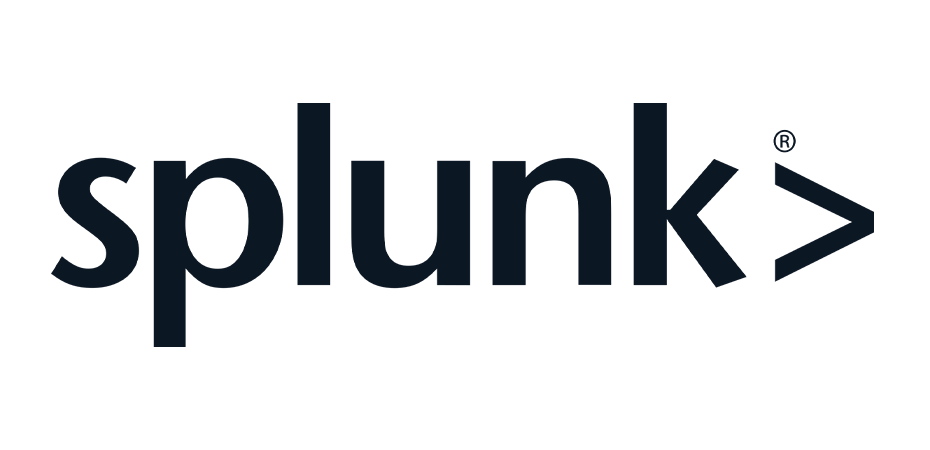
Splunk is one of the best and most comprehensive all-round network security tools, analysing network data and detecting network-based threats. It has an excellent UI and can run real time as well as historical network analysis and searches. Splunk makes it easy to collate data and generate reports, graphs, and dashboards, all in real time. Important for communicating network security issues to those not fluent in Cyber!
Other Network Security Monitoring tools include Argus, Nagios, Pof, and OSSEC.
2. Encryption Tools – Vera Crypt
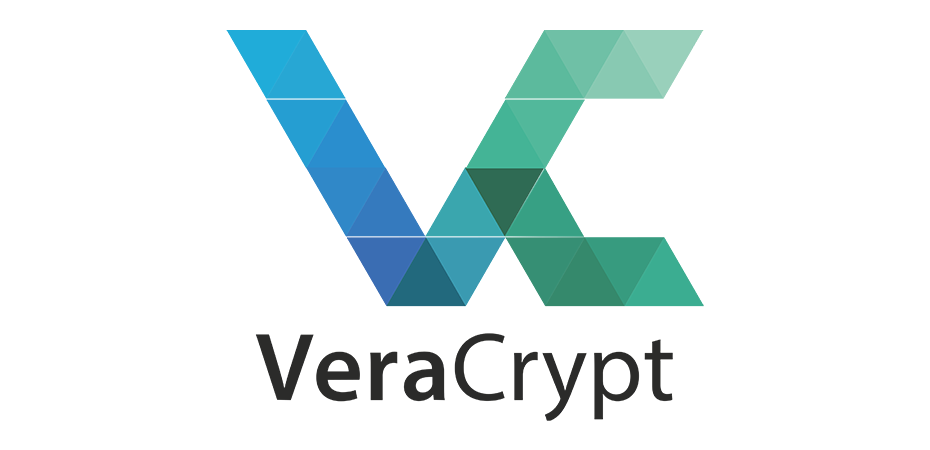
Encryption protects data by making it unreadable to unauthorised users. VeraCrypt is Open-source encryption software for Windows, Mac OSX and Linux. It adds enhanced security to the algorithms used for system and partition encryption, making it immune to new developments in brute-force attacks.
Other encryption tools include Tor, KeePass, TrueCrypt, and NordLocker.
3. Password Testing – John the Ripper

Another open-source tool, this time providing security audit and password recovery services. Simple to use and very efficient on resources, John the Ripper supports things like custom wordlists, and handles encryption methods such as SHA and MD5. The tool works with Windows, DOS, OpenVMS systems, and Unix environments.
Other password testing tools include Cain and Abel, THC Hydra and CrackStation.
4. Cloud Security – Forcepoint
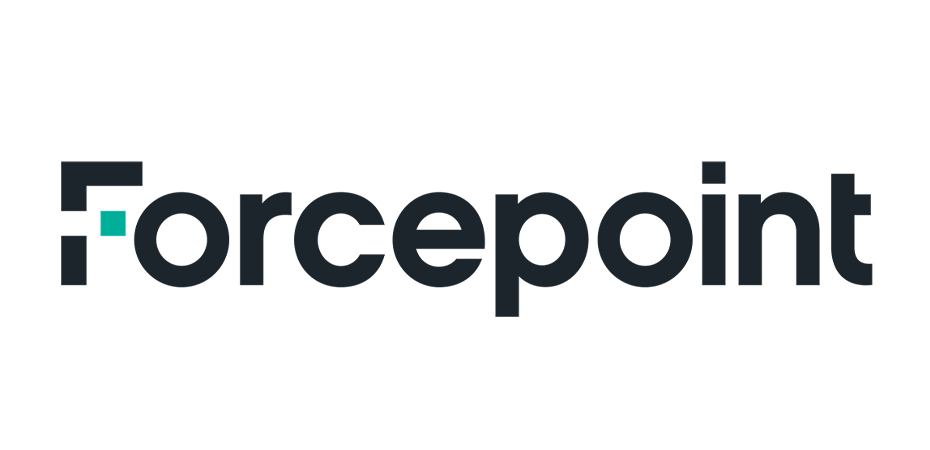
Forcepoint says their mission is “To foster safe and trusting environments through a comprehensive security solution that understands digital identities and their cyber behaviours to protect employees and critical data everywhere.” In practice this means a highly customisable tool designed for use in private and public Cloud environments. Forcepoint can be used to define network security, restrict access to content and block intrusion attempts. The tool also uses AI to monitor behaviour that might lead to security issues. Whilst not freeware, you can request a demo, which should help you understand more about how Forcepoint can help protect the Cloud.
Other Cloud security tools include FireMon, Druva and AlienVault USM
5. Web Vulnerability Scanning – Nikto
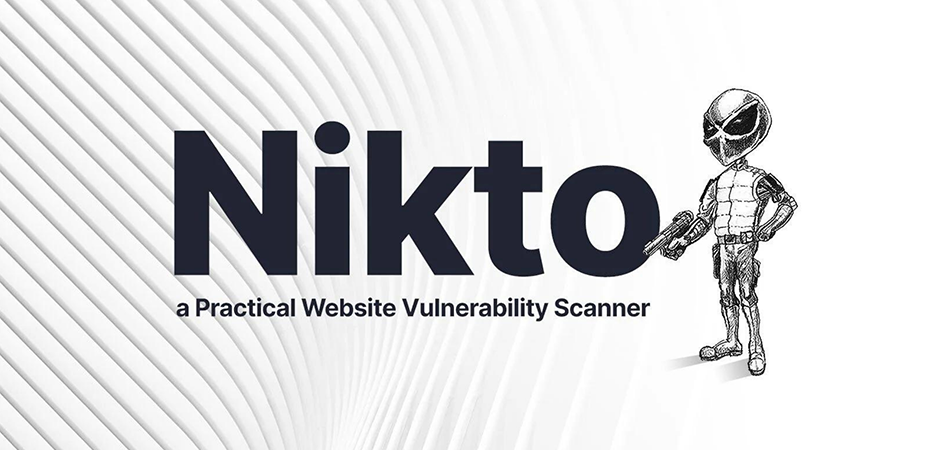
Nikto is an open-source tool that performs comprehensive tests and web server scans, looking for over 6,700 potentially harmful files and programs, misconfigurations, and outdated software. Nikto is fast, but not stealthy, so expect your intrusion detection software to start ringing some alarm bells when you run it!
Other examples of web scanning tools include Burp Suite, Paros Proxy, and SQLMap.
6. Penetration Testing – Metasploit

Penetration testing (Pen-test) allows the simulation of a cyber-attack on a computer system in order to evaluate the security threats and vulnerabilities. Metasploit is a collaboration between the open-source community and Rapid7, helping security teams verify vulnerabilities, manage security assessments, and improve security awareness. Metasploit can do tasks such as port scanning, enumeration, and scripting, as well as exploitation. There is an open-source version as well as a ‘Pro’ version which is available with a free 30-day trial.
Other examples include Kali Linux, Netsparker, and Wireshark.
7. Network Mapping – Nmap
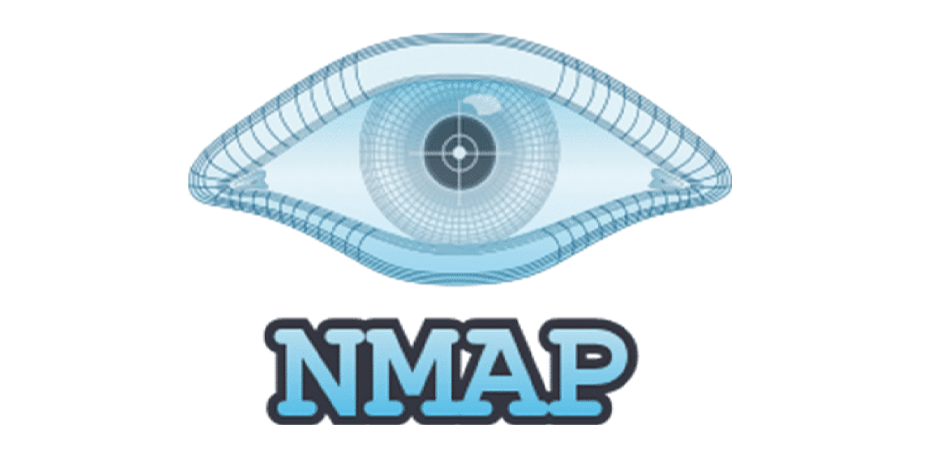
Nmap is a brilliant network scanning tool, giving lots of detailed information, including open ports, services and vulnerabilities. An open-source Linux command-line tool that allows entire networks to be mapped, it even featured in The Matrix! It has a GUI (Zenmap) too, for those who like their data in pictures.
8. Network Intrusion Detection – Snort

Snort is an open-source Intrusion Prevention System designed to monitor network and system traffic for unusual or suspicious activity. It can perform live traffic analysis, logging incoming packets to detect port scans, worms, and other potentially harmful activity. Snort can be freely downloaded and configured for both personal and business users. Snort has a web-based GUI called BASE (Basic Analysis and Security Engine), allowing users to easily query and analyse the alerts.
Other examples of Network Intrusion Detection include Security Onion, Kismet, and Zeek.
9. Packet Sniffer – Wireshark

Wireshark is the world’s most widely used network protocol analyser. Another open-source tool, Wireshark allows you to inspect real-time data on a live network, splitting packets of data into frames and segments, giving you detailed information about the data within. Wireshark supports most platforms and virtually all network protocols. A brilliant tool for getting into detailed analysis of data on the network.
Other examples of similar tools include Tcpdump, and Windump.
10. Programming Languages – Python

Having some programming knowledge is important for your Cyber career. There are many languages that we could recommend, from C++, through to JavaScript, however it is Python that gets our vote. Python is one of the most popular programming languages in the world today because of its ease-of-use and functionality. In the Cyber world it can be used to create analysis tools and hacking scripts, as well as to design secure programs, both web and app based.
Intaso – helping you get a great career in Cyber Security
We hope you have found this article useful and take the opportunity to download and try some of these tools out. They really will help you get a head start in looking for a great Cyber career. Here at Intaso, we specialise in Cyber Security roles, why not head over and take a look, or get in touch. We would love to hear from you.







